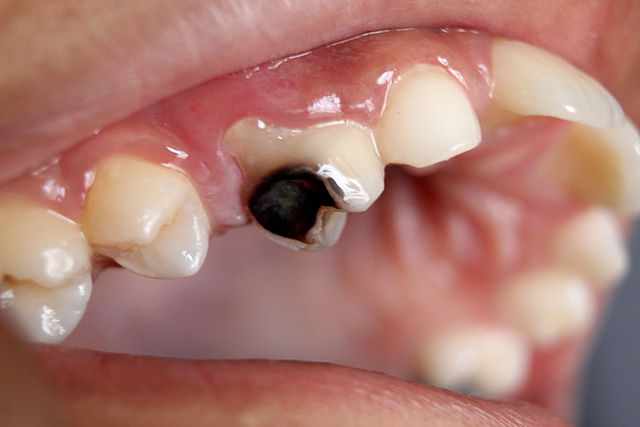Causes & Preventing Tooth Decay
Tooth decay can occur when acid is produced from plaque, which builds up on your teeth.
Symptoms of tooth decay
- Tooth decay may not cause any pain. However, if you have dental caries you might have:
- a toothache – either continuous pain keeping you awake or occasional sharp pain without an obvious cause
- tooth sensitivity – you may feel tenderness or pain when eating or drinking something hot, cold or sweet
- grey, brown or black spots appearing on your teeth
- bad breath in Essex
- an unpleasant taste in your mouth
How plaque causes tooth decay
- Your mouth is full of bacteria that form a film over the teeth called dental plaque.
- When you consume food and drink high in carbohydrates – particularly sugary foods and drinks – the bacteria in plaque turn the carbohydrates into energy they need, producing acid at the same time.
- If the plaque is allowed to build up, the acid can begin to break down (dissolve) the surface of your tooth, causing holes known as cavities.
- Once cavities have formed in the enamel, the plaque and bacteria can reach the dentine (the softer, bone-like material underneath the enamel). As the dentin is softer than the enamel, the process of tooth decay speeds up.
- Without treatment, bacteria will enter the pulp (the soft centre of the tooth that contains nerves and blood vessels). At this stage, your nerves will be exposed to bacteria, usually making your tooth painful.
- The bacteria can cause a dental abscess in the pulp and the infection could spread into the bone, causing another type of abscess.
Preventing tooth decay
- Although tooth decay is a common problem, it's often entirely preventable. The best way to avoid tooth decay is to keep your teeth and gums as healthy as possible. For example, you should:
- visit your dentist regularly –your dentist will decide how often they need to see you based on the condition of your mouth, teeth and gums
- cut down on sugary and starchy food and drinks, particularly between meals or within an hour of going to bed – some medications can also contain sugar, so it's best to look for sugar-free alternatives where possible
- look after your teeth and gums –brushing your teeth properly with a fluoride toothpaste twice a day, using floss and an interdental brush at least once a day
- avoid smoking or drinking alcohol excessively – tobacco can interfere with saliva production, which helps to keep your teeth clean, and alcohol can contribute to the erosion of tooth enamel
- see your dentist or GP if you have a persistently dry mouth –this may be caused by certain medicines, treatment or medical conditions

.jpg)


Comments
Post a Comment